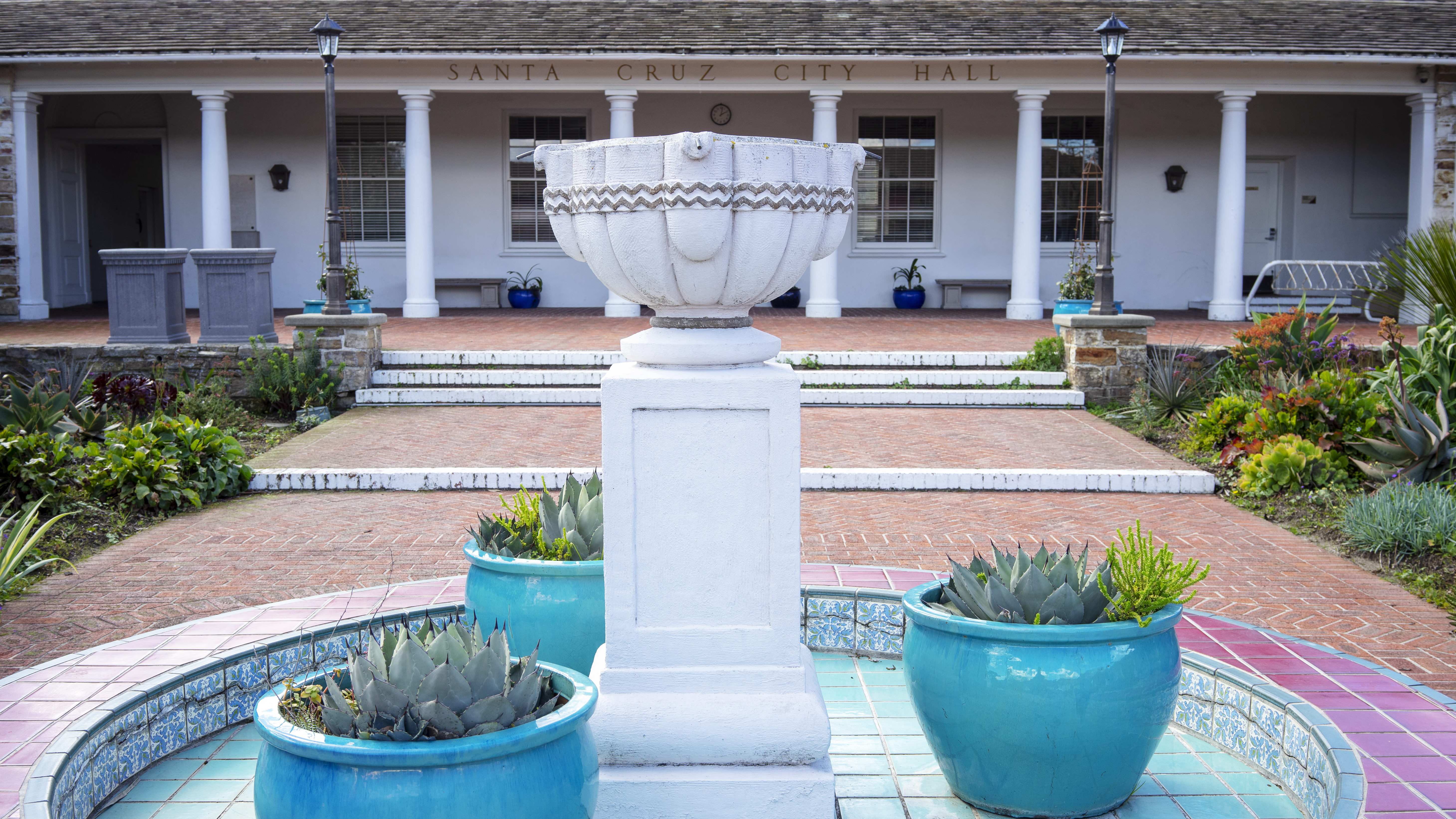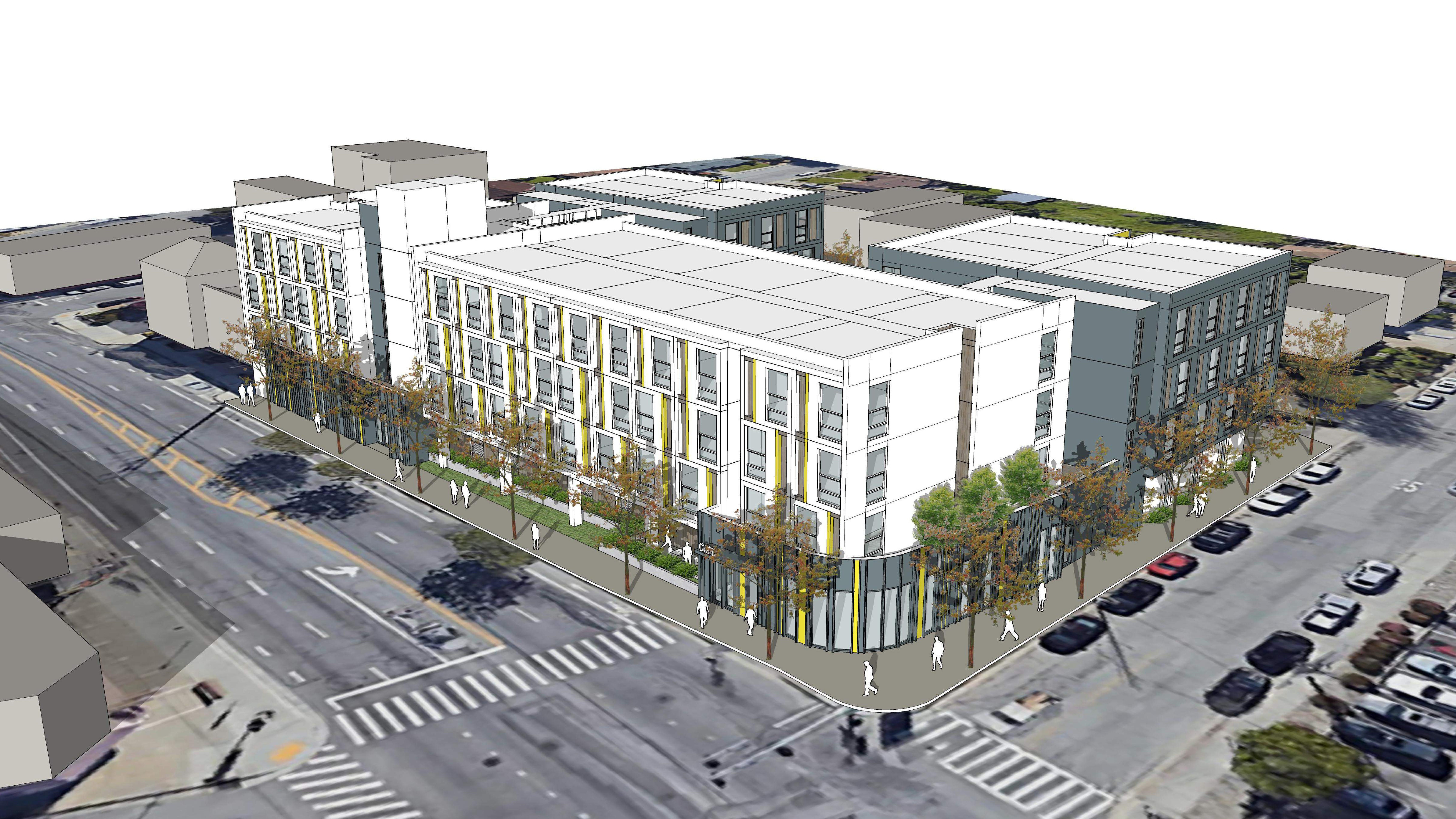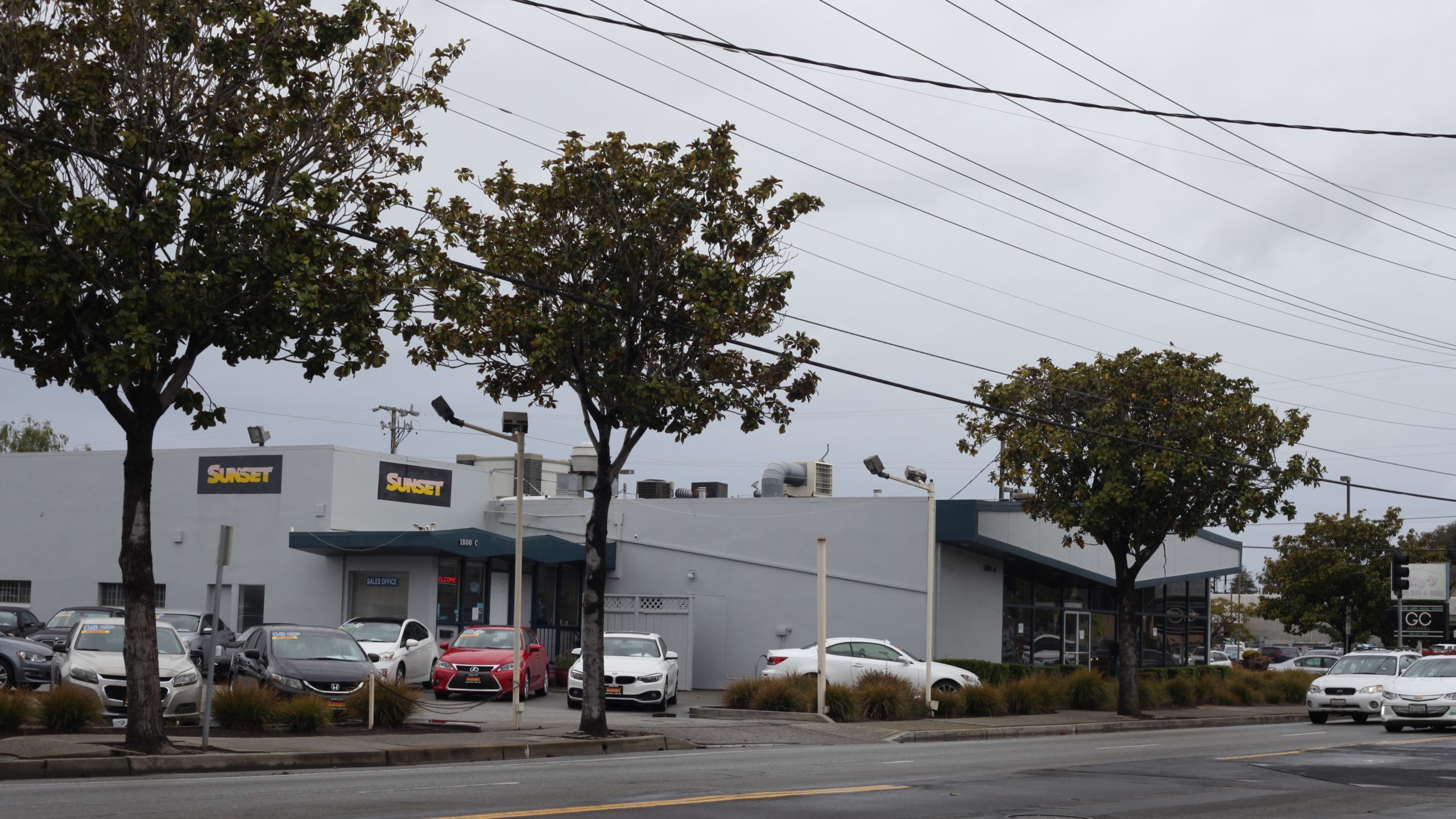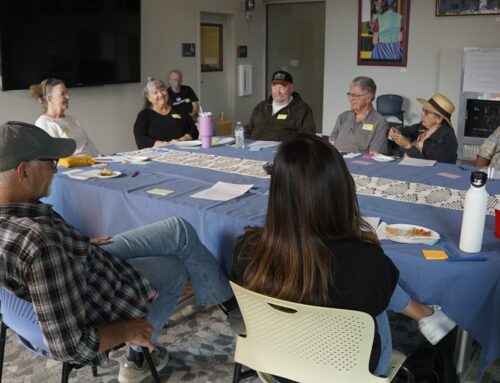
The Santa Cruz City Council agreed to put a city sales tax hike on the March 2024 ballot. (Kara Meyberg Guzman — Santa Cruz Local file)
SANTA CRUZ >> Less than two years after Santa Cruz city residents voted down a proposed sales tax hike, the city council on Tuesday agreed to place a similar measure on the March 2024 ballot.
- The measure would raise the City of Santa Cruz’s sales tax to 9.75% from 9.25%, equal to sales tax rates in Scotts Valley and Watsonville. Capitola and unincorporated areas of Santa Cruz County have a 9% sales tax rate.
- The tax increase would raise about $8 million annually and help plug a hole in the city’s finances that could eventually force the city to cut services, city leaders said. The city’s General Fund budget for 2023-2024 is $139.6 million.
- If the measure passes, the city still could face money problems over the next 10 years, a consultant’s analysis found.
City leaders previously placed a sales tax hike on the June 2022 ballot. The measure needed more than 50% of the vote to be adopted and failed with 49.85%.
“Revenue is very much needed for us to continue to deliver our high quality of central services,” said Santa Cruz Assistant City Manager Laura Schmidt.
The sales tax hike proposal for 2024 polled at about 54% or 55% approval among survey respondents, depending on how the measure was described.
Sales tax revenues are split between state and local governments. If voters adopt the sales tax hike in March, the city would receive 23 cents of every $1 paid in sales tax. The city now receives 19 cents of every sales tax dollar, city leaders said.
The money would go to the city’s General Fund and could be used for various city services. It could allow the city to continue homelessness services, according to a staff report. The first two years of the city’s three-year Homelessness Response Action Plan was funded by state and federal money, but in 2025, the city anticipates that it will have to use local money to pay for emergency shelters, case workers and other homeless services.
A long-term gap in city funding is expected even if the ballot measure is adopted, according to an analysis of the city’s long-range financial outlook. Without new ways of generating more money or cutting costs, the city’s general reserve could be depleted by 2027, said Bob Leland, a consultant at Baker Tilly who worked on the analysis.
Spending could outpace revenue by an average of $10.5 million each year from 2025 to 2034, Leland said. That figure does not include unfunded repairs or replacements for city facilities, or any new initiatives related to climate change or other problems.
The financial outlook offered options to improve the city’s long-term financial picture, including:
- Sharing the cost of city services like homelessness response or fire protection with the county.
- Charging more money for city services through development fees, parks and recreation fees and other fees.
- Increasing existing taxes such as business license taxes and adding new taxes such as a potential tax on sugar-sweetened beverages.
- Establishing a new citywide property tax to raise money for city facilities. The tax would require more than 66% approval from voters.
The council unanimously voted to place the sales tax on the March ballot, and did not discuss or vote on any other of the potential actions mentioned in the report. The council plans to revisit the analysis’s findings during budget talks in 2024, said Mayor Fred Keeley.
Decision delayed on license plate cameras
Separately on Tuesday, the Santa Cruz City Council voted to delay a decision to Dec. 12 on whether to request grant money to install 14 license plate readers for Santa Cruz police investigations.
The decision followed concern from some residents about increased surveillance.
Santa Cruz police had requested a share of a $329,000 grant that the County of Santa Cruz is set to receive from the U.S. Department of Homeland Security. The money is expected to be split between the county and multiple cities.
Santa Cruz Police Chief Bernie Escalante requested $84,000 to lease 14 automated license plate cameras from Flock Safety for two years. The cameras would be installed at fixed locations along city streets and would help officers find stolen vehicles and crime suspects, he said.
The cameras would take pictures of vehicles’ license plates on public streets. License plates could be automatically cross-referenced with a “hot list” of vehicles known to be stolen or involved in a crime.
Dozens of California cities use the cameras, including Watsonville, which approved Flock cameras in May. Capitola is set to consider similar cameras next year, Escalante said. Scotts Valley has approved purchase of similar cameras mounted on police vehicles, he said.
The Santa Cruz City Council received 31 emails and letters opposing the cameras. Lee Brokaw, a member of the Santa Cruz County chapter of the American Civil Liberties Union, said he was concerned that license plate data could be hacked from Flock cameras or servers. He said he was skeptical that the devices would decrease crime.
“This is a toy, not a tool,” Brokaw said during Tuesday’s meeting. “It solves nothing and collects everything.”
At Keeley’s suggestion, the council decided to continue conversations with the community, the police department and Flock Security about potential guidelines for the cameras’ use. The council is scheduled to vote on whether to request money for the cameras at the next city council meeting.
Soquel Avenue apartments advance with safety improvements
The council unanimously rejected an effort to halt a proposed 84-unit building at 1800 Soquel Ave. Neighbors of the development appealed the project’s approval and said the city needed to further study the potential traffic impacts of the new homes.
A representative of the developer 1800 Soquel LLC also agreed to:
- Narrow the sidewalk along Soquel Avenue to accommodate a protected bike lane.
- Narrow the sidewalk along Hagemann Avenue to accommodate an extended turn lane.
- Allow a wider curb cut for cars to exit and enter the property from the alley behind the building.

Eighty-four apartments and ground-floor retail space are proposed at 1800 Soquel Ave. in Santa Cruz. (Lowney Architecture)

May’s Sushi Bar & Grill once occupied the main building of 1800 Soquel Ave. in Santa Cruz. Two car lots and an auto detailing shop are now on the site of the proposed apartment complex. (Michael Warren Mott — Santa Cruz Local file)
Rena Dubin, who lives on Forest Avenue near the proposed building, said the intersection of Soquel, Hagemann and Trevethan avenues has long been dangerous for cyclists and pedestrians. She and other neighbors requested adjustments to the streets and intersection surrounding the development to improve safety.
Some requested adjustments are under the city’s jurisdiction, not the developer’s, and are set to be considered under the city’s update to its Active Transportation Plan. The update is set to start in January.
Questions or comments? Email [email protected]. Santa Cruz Local is supported by members, major donors, sponsors and grants for the general support of our newsroom. Our news judgments are made independently and not on the basis of donor support. Learn more about Santa Cruz Local and how we are funded.
Jesse Kathan is a staff reporter for Santa Cruz Local through the California Local News Fellowship. They hold a master's degree in science communications from UC Santa Cruz.





